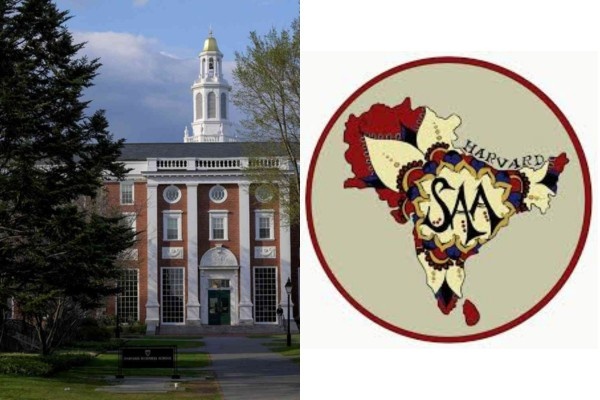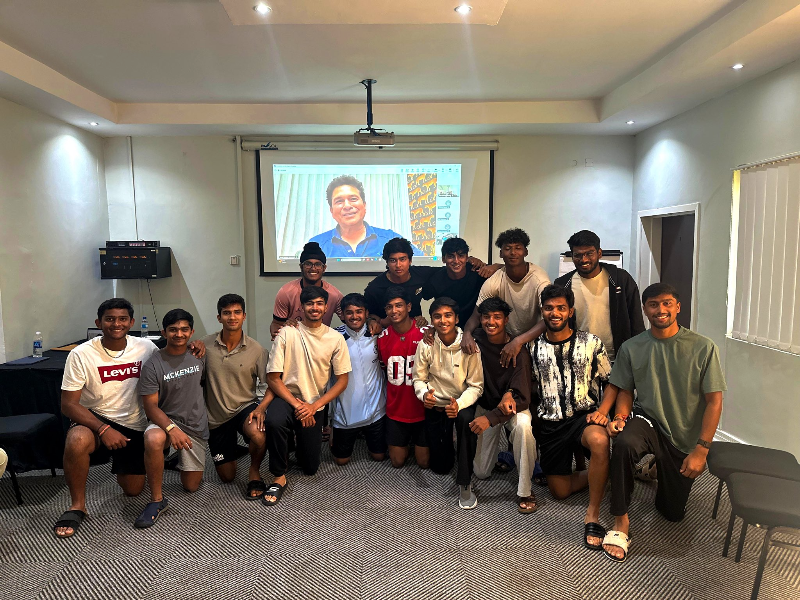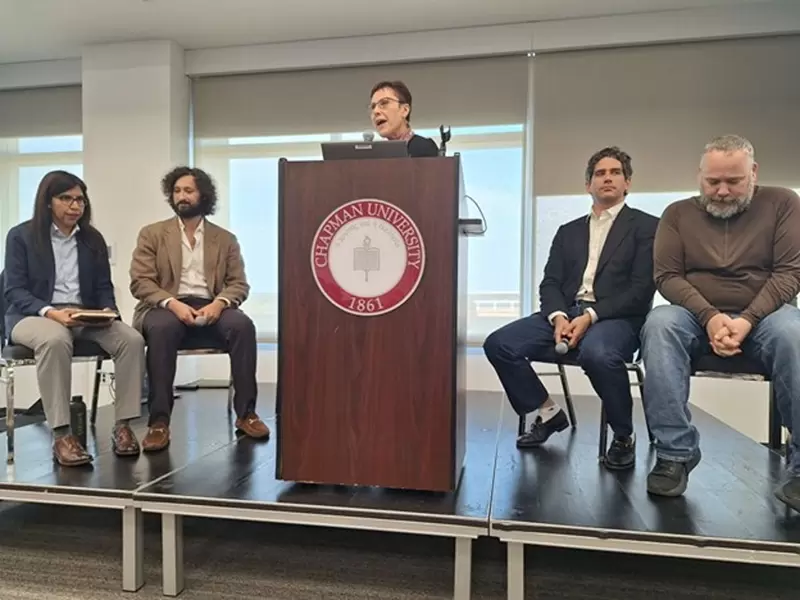‘You belong at Harvard’: South Asian student body protests international students ban
SAA called the move “an unwarranted and flagrant attack” on international students, particularly those from South Asia.
 Harvard/ SAA's logo / REUTERS/SAA
Harvard/ SAA's logo / REUTERS/SAA
In response to the U.S. government’s move to block international student enrollment at Harvard, the Harvard South Asian Association (SAA) voiced strong support for inclusion and called on the university community to stand together.
“To all international students: you belong at Harvard, and we will stand for you,” the largest and most active student groups on campus said.
Also Read: Harvard sues Trump administration for blocking enrollment of foreign students
Calling the move “an unwarranted and flagrant attack” on international students, particularly those from South Asia, the group said, “If this decision by the current federal administration is actualized, Harvard will lose some of its greatest minds and kindest souls, and SAA will irrevocably lose its community.”
The DHS order, announced May 22, affects 6,800 students at Harvard—including 800 from India—by barring new international enrollments and requiring current students to transfer.
Founded in 1986, the SAA serves as a communal space for South Asians of all backgrounds—immigrants, international students, and first-generation Americans. The group emphasized the vital role that international students play in enriching academic life at Harvard and in sustaining the diversity of its own membership.
The SAA’s condemnation comes as Harvard escalates its legal challenge to the federal order. On May 23, the university filed a lawsuit in federal court in Boston, calling the SEVP revocation “a blatant violation” of the U.S. Constitution and federal law.
“With the stroke of a pen, the government has sought to erase a quarter of Harvard's student body—international students who contribute significantly to the University and its mission,” the complaint stated. The university further accused the administration of retaliating against Harvard for exercising its First Amendment rights, including resisting federal pressure to alter its governance, curriculum, and campus discourse.
ADVERTISEMENT
ADVERTISEMENT
E Paper
Video




 Malvika Choudhary
Malvika Choudhary













Comments
Start the conversation
Become a member of New India Abroad to start commenting.
Sign Up Now
Already have an account? Login